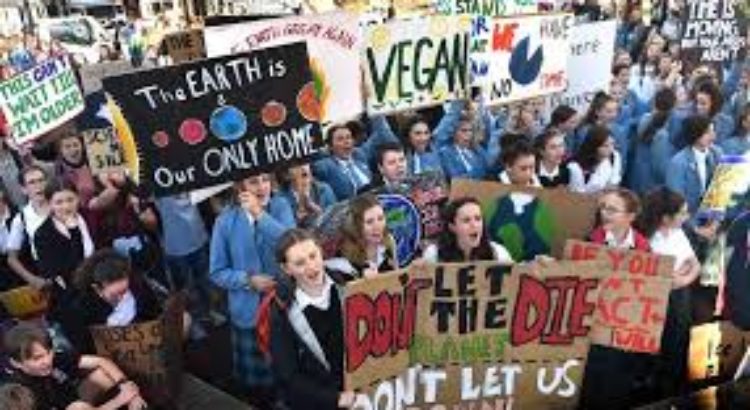Oceania/ New Zealand/ 29.07.2019/ Source: www.odt.co.nz.
Education is needed to create a sustainable world, write Roger Browne and Mary Ann Baxter.
In 2015, the United Nations General Assembly accepted a set of 17 goals to be achieved globally by 2030.
These are referred to as the Sustainable Development Goals (SDGs) and encompass the physical and social world we inhabit.
The full details are available at sustainabledevelopment.un.org.
Among these goals are many which will be familiar to New Zealanders.
Goal number 12, responsible consumption and production, envisages a world where repurposing and recycling will replace our «throw-away» habits. Avoiding food waste will not just avoid food going to landfills but, through appropriate adjustments to production and distribution, will assist in alleviating hunger.
Energy-efficient appliances will, on a global scale, assist in limiting carbon emissions. Planting trees will support the restoration of native habitats and biodiversity.
Avoiding plastic bags will help protect life in the oceans.
Goal number 13, climate action, states: «Educate young people in climate change to put them in a sustainable path early on.»
What will drive the achievement of the SDGs at the local level?
One key element is education. In rural New Zealand one of the most effective vehicles to deliver that education is the Reap (Rural Education Activities Programme).
There are 13 Reaps in New Zealand, including one in Central Otago. Our local Reap, based in Alexandra, services an area stretching from Makarora in the west to the outskirts of Dunedin, and up into the Maniototo. The Central Otago Reap was formed 40 years ago.
So much has changed in that time. The world population has grown by 75% and the global inflation-adjusted GDP has grown by a factor of almost three. With economic growth comes the growth of waste and the production of carbon emissions.
Globally, waste production is forecast to triple by the end of the century in the absence of any measures to counter this trend.
The United Nations’ SDGs seek to ensure economic growth is channelled towards wellbeing and away from waste.
Achieving this will require buy-in from all sectors of society.
If economic activities continue to be linked to the production of waste then society faces a bleak future.
Understanding the need for change involves education on a broad scale.
Some of this can be driven by central government (for instance, through changes in school curricula) and by local government (for instance, through supporting community-based recycling facilities).
Alongside this, partnerships with education providers at the local level have proven very effective.
Such partnerships have enabled and supported the Central Otago Reap’s well-established track record in initiating and embedding educational programmes on sustainable living across our local community.
The 17 SDGs are central to the way in which the Reap delivers all of its programmes.
Activities such as Plastic Free July are indicative of how Reap’s skilled communicators can be seen to have endorsed and implemented the SDGs ever since our partnership was initiated in 2006.
Skilled communicators in subjects supporting the sustainable development goals are to be valued.
Their message is vital to our future wellbeing.
We live in a part of the country where our regional identity is «A World of Difference».
Our belief that we can and are making a difference together at the local level is vital to our future wellbeing.
Source of the notice: https://www.odt.co.nz/opinion/reap-delivering-more-rural-education







 Users Today : 34
Users Today : 34 Total Users : 35460337
Total Users : 35460337 Views Today : 50
Views Today : 50 Total views : 3419078
Total views : 3419078